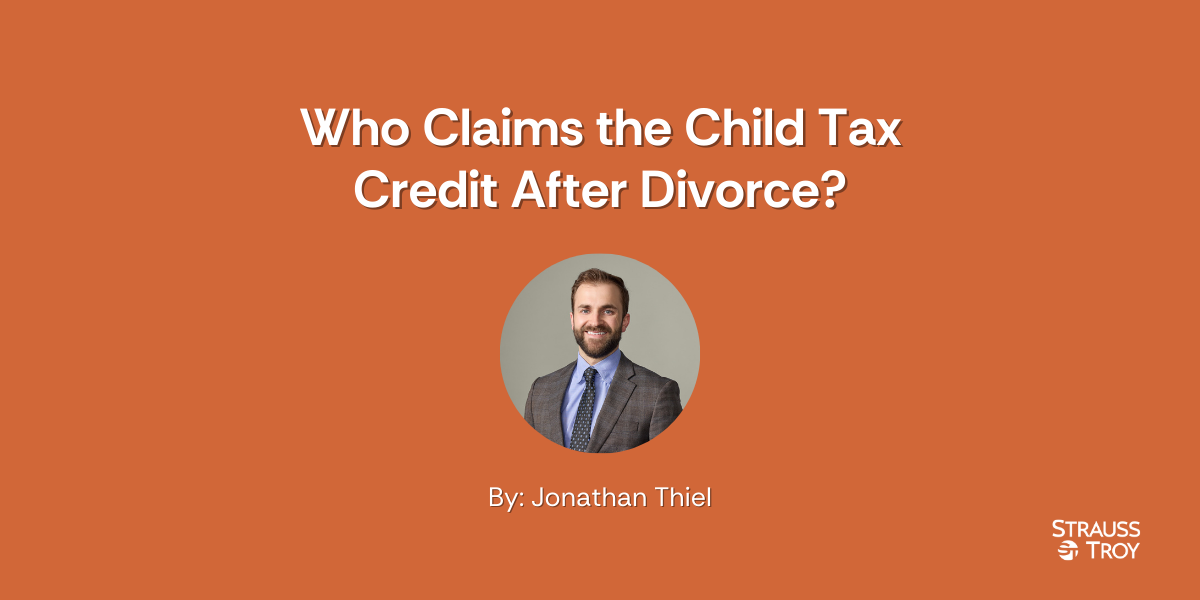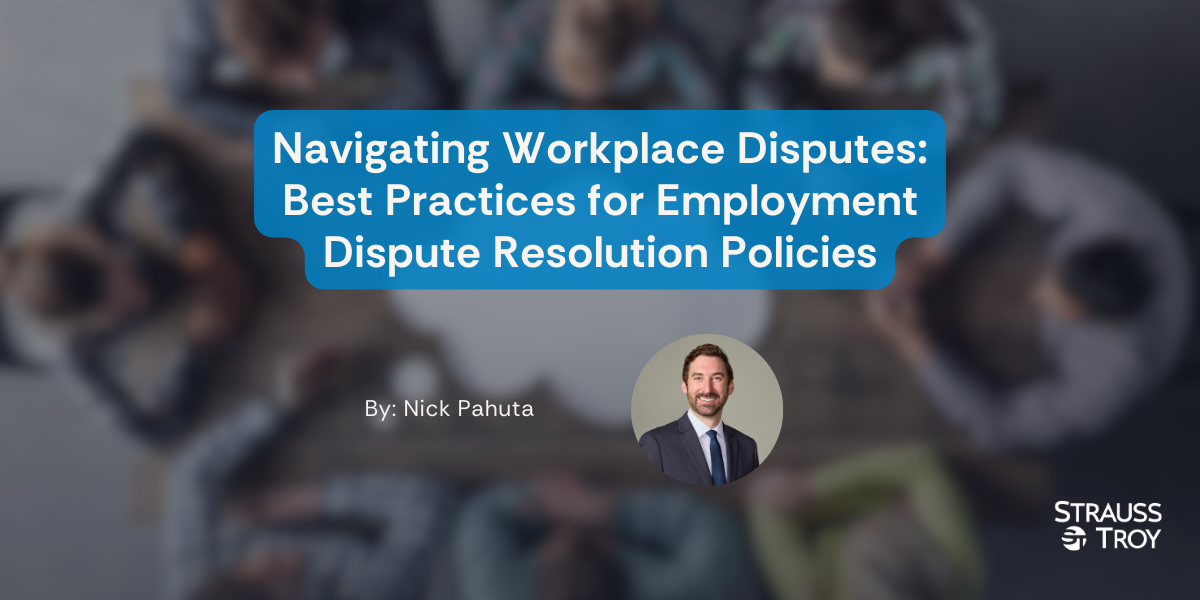Short-Term Rentals in Kentucky: The “Wild West”

Short-term rentals are on the rise in Kentucky. They are not just increasing in some of the bigger cities, but even in rural areas, including ones that are considered key spots along Kentucky’s bourbon trail. Many different issues begin to emerge when considering the legality of operating short-term rentals, including enforcement of zoning ordinances and other laws, housing affordability and shortages, overregulation, the arduous permit/license application process, and even the lack of revenue collection from third-party platforms. Surprisingly, no comprehensive statutory framework currently exists in Kentucky concerning the regulation of short-term rentals. Several bills have been proposed in the Kentucky Legislature the last few years, most recently Senate Bill 61, which as of the date of this article, has not passed.
Since the status of short-term rentals in Kentucky is uncertain at this moment, this article will provide a brief overview of the current state of short-term rentals in Kentucky, and summarize House Amendment No. 6 to Senate Bill 61 to analyze how it could change short-term rentals in Kentucky if passed in its current form.
Status of Short Term Rentals in Kentucky
When analyzing the status of Kentucky law on short term rentals, the preeminent Kentucky Supreme Court case is that of Hensley v. Gadd, 560 S.W.3d 516 (Ky. 2018). In Hensley, the Supreme Court essentially classified short-term rentals as “hotels” and held that they constitute commercial (not residential use) of property. In Hensley, the defendant’s property had a deed restriction, which indicated that the property was to be used for residential purposes only, and only one other lot in the subdivision could be used for commercial purposes, which included a hotel. The defendant operated a short-term rental on the property, and the Court held that such use was commercial. The Court examined the definition of “hotel”, reasoning that such use was for the convenience of the public, and did not align with residential use. The term “reside” (in analyzing “residential” use) also referred to dwelling permanently or continuously on property. Thus, using property as a short-term rental, which is temporary, could not be residential. Therefore, use of the property as a short-term rental was like that of a hotel.
Since Hensley, many local jurisdictions have enacted ordinances addressing short-term rentals. Contrary to the holding in Hensley, many ordinances distinguish short-term rentals from hotels other temporary lodging establishments. In addition, short-term rentals are also often permitted in residential districts, which means short-term rentals can constitute “residential” use of one’s property.
For example, in Boone County, short-term rentals are defined as rentals of residential dwellings for less than 30 days, and the term does not include units used for nonresidential purposes, bed and breakfasts or hotels/residence hotels.
Also, in the City of Covington’s ordinance, a short-term rental is defined as the rental of residential dwelling for less than 30 days, thereby permitting short-term rentals in residential areas.
The City of Southgate allows short-term rentals in attached and detached single-family dwellings, two-family dwellings, town homes, condominiums, and landominiums. The ordinance also clarifies that Short-term rentals are not hotels, motels, extended stay lodging facilities, bed and breakfast inns, boarding and lodging house rooms.
In addition to the classification of short-term rentals highlighted above, many local governments also require (1) fees to obtain licenses to help monitor which properties are being used as short-term rentals, (2) density requirements (e.g.-- restrictions that provide that prohibit short-term rental properties from being too close), (3) limitations on occupancy, (4) certain safety standards related to smoke and carbon detectors, and other emergency situations, (5) initial and even recurring (annual) inspections of the premises, (6) emergency contacts who may be reached within a short time span (often the owner and an agent of the owner), and more. Other governments have attempted to implement specific ways to collect taxes from third party platforms like Airbnb and Vrbo.
However, it is important to note that if your property is restricted to residential use only, and/or commercial uses are prohibited—whether through deed restrictions or law locals—you could face penalties or risk litigation if you operate a short-term rental. Thus, it is vital to (1) review all applicable restrictions to your property in your chain of title, and (2) work with your local government to determine if operating a short-term rental complies with current laws.
Senate Bill 61
House Floor Amendment 6 (the “Amendment”) of Senate Bill 61 addresses short-term rentals at the state level. Specifically, the Amendment prohibits local governments from implementing density restrictions for short-term rentals. Additionally, the bill prohibits local governments from limiting the number of applicants and permits issued. Therefore, if Senate Bill 61 is passed in its current form, it could invalidate many of the restrictions that have been passed by local governments across the Commonwealth.
Nevertheless, it is important to note that some of the other proposed language is similar to many local restrictions. The Amendment does not deprive local governments of all their powers to regulate short-term rentals. For example, local governments may still require conditional permits for some properties, require registrations for properties, impose reasonable fees, impose taxes, limit occupants, require insurances, etc.
Additionally, Senate Bill 61 does not affect or otherwise prohibit homeowners associations, condominiums associations or other similar cooperatives from imposing restrictions like the one in Hensley.
Therefore, until Senate Bill 61 or another similar bill is passed at the state level, it is critical to consult local zoning ordinances and guidelines, and even deed restrictions, condominium declarations, and other covenants that affect property to determine whether you may operate a short-term rental on your property.
For questions about short term rentals, navigating local zoning ordinances with respect to short-term rentals, or other related real estate matters, please feel free to contact Austin M. Tinsley at 513-768-9709 or amtinsley@strausstroy.com. Austin regularly handles both commercial and residential real estate transactions, and is licensed to practice law in Ohio, Kentucky, and Indiana.

.png)

